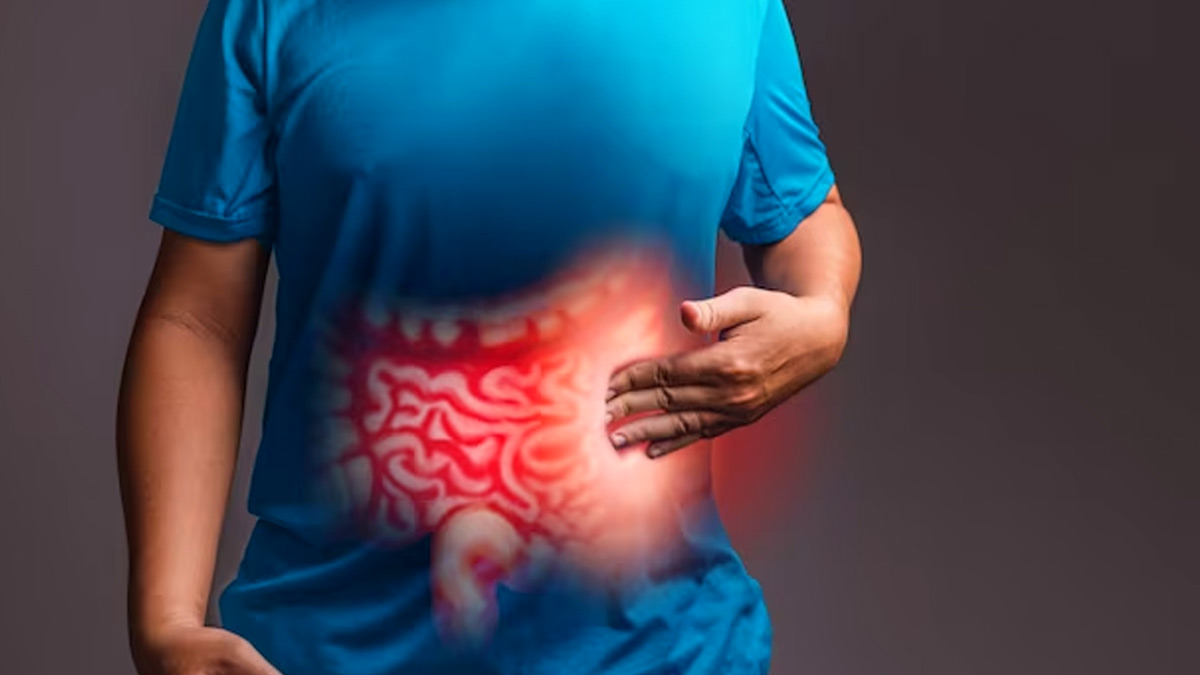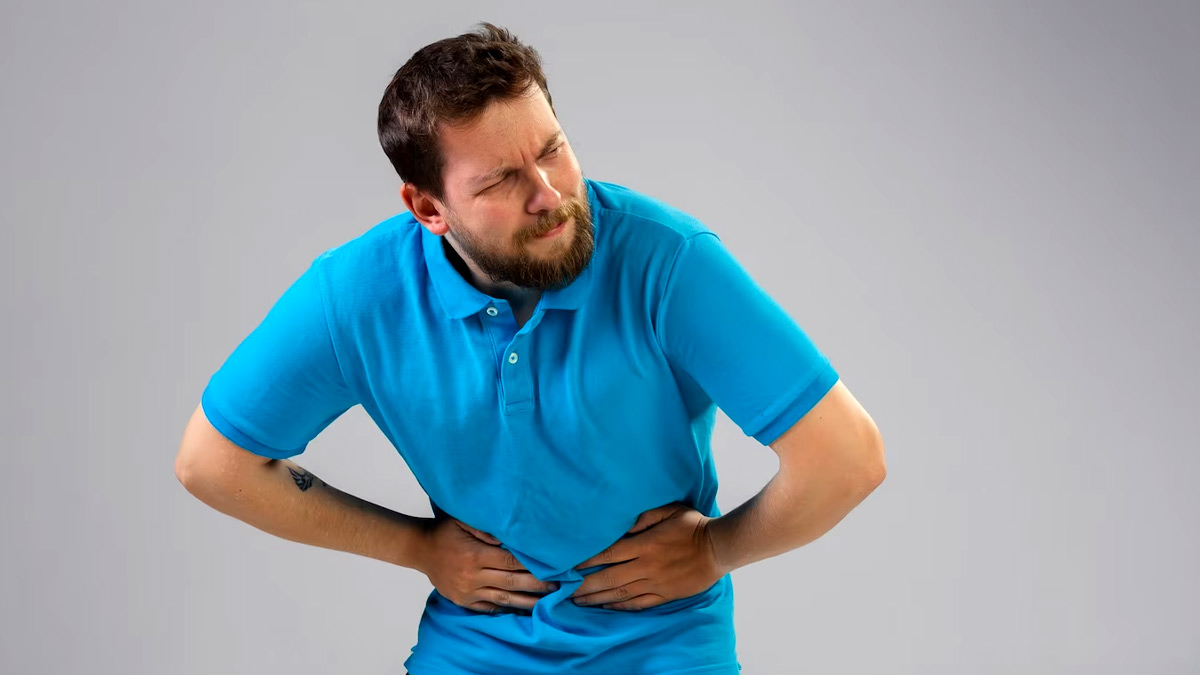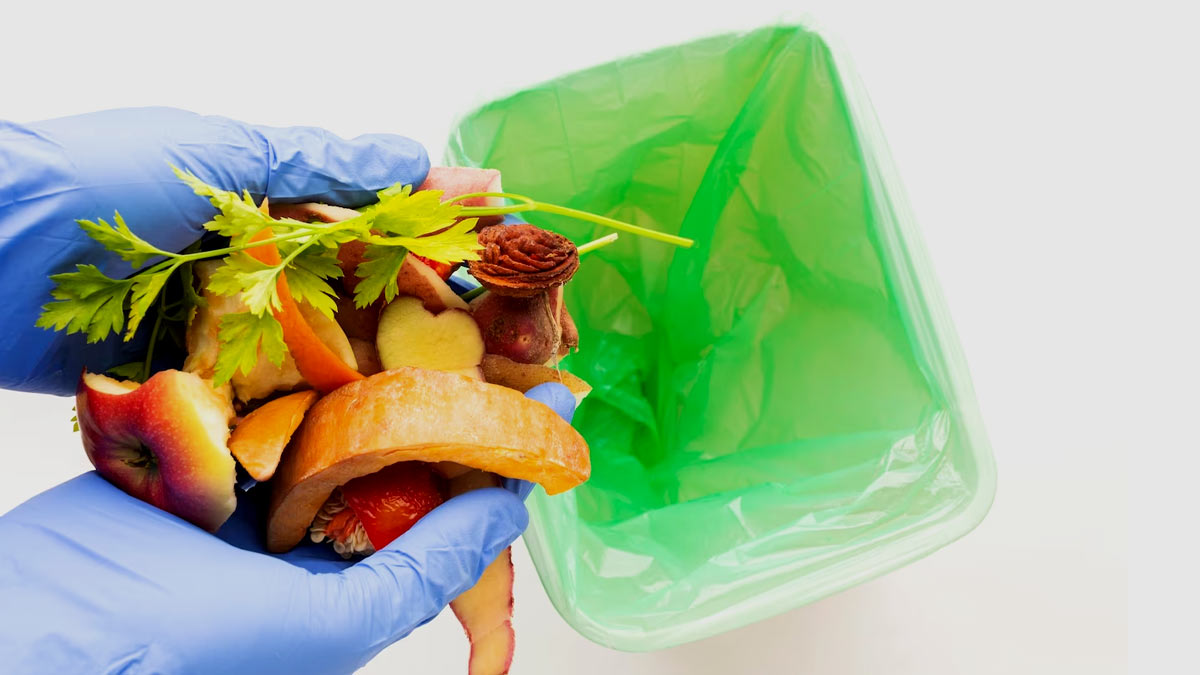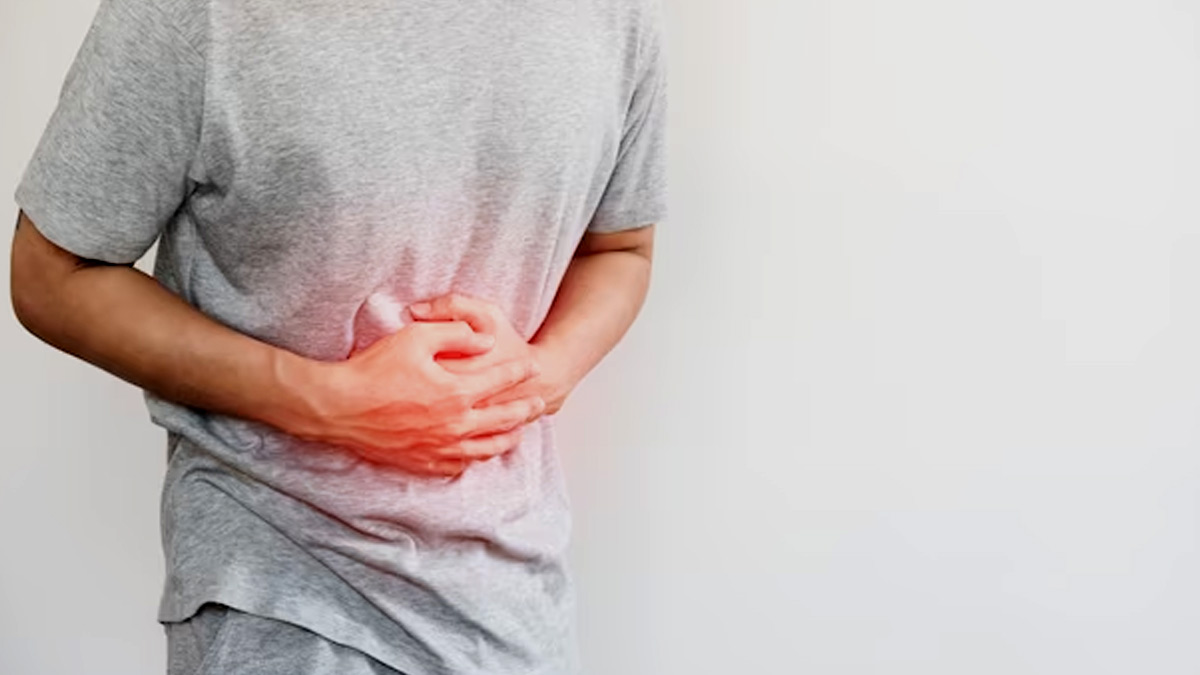
Food poisoning and the risk of gastrointestinal issues becomes more common during the monsoon season due to factors, such as increased humidity and temperature, which create a favourable environment for the rapid growth of bacteria in food. In addition, the monsoon season gives light to a higher chance of contamination of food and water sources, leading to an increased risk of foodborne illnesses. In an interaction with the OnlyMyHealth team, Dr Brunda, Consultant-Internal Medicine, Aster CMI Hospital, Bengaluru, discusses gastroenteritis, which is a severe form of food poisoning.
Table of Content:-
Also Read: Bone Pain That Worsens At Night Could Be A Sign Of Bone Cancer: Other Symptoms
What Is Gastroenteritis?

According to Dr Brunda, food poisoning is a foodborne illness that is caused mainly due to contaminated food or water, which usually gets infected by bacteria such as salmonella and E. Coli or viruses. “Usually, food poisoning subsides on its own,” says the doctor, adding that in some cases, it might get severe causing gastroenteritis.
Gastroenteritis is inflammation of the lining of the stomach - large intestine, and small intestine - that leads to a combination of abdominal pain, cramping, nausea, vomiting, and diarrhoea.
“Acute gastroenteritis usually lasts fewer than 14 days. This is in contrast to persistent gastroenteritis, which lasts between 14 and 30 days, and chronic gastroenteritis, which lasts more than 30 days,” shares Dr Brunda.
Worldwide, viral gastroenteritis infections account for two lakh childhood deaths per year, as reported by the US Centers for Disease Control and Prevention (CDC).
Some of the most common causes include:
- Viral infection, such as rotavirus, norovirus, and adenovirus
- Bacteria like Escherichia coli (E. coli), salmonella, campylobacter, and shigella
- Parasites, such as giardia and cryptosporidium
- Eating contaminated food and water
- Poor hygiene practices
- Person-to-person transmission
- Unhygienic food preparation
Common Symptoms To Note

Common symptoms of gastroenteritis and food poisoning include:
- Malaise
- Anorexia
- Abdominal pain and cramping
- Watery diarrhoea
- Nausea and vomiting
- Low-grade fever
Dr Brunda says, “It can be diagnosed based on the symptoms, a physical exam, and if required stool test can be conducted to eradicate bacterial or parasitic infection.”
Treating Gastroenteritis
Here’s how symptoms of gastroenteritis can be treated:
- Fluid replacement
- Antibiotics
- Lactobacillus GG, a specific probiotic, shown to decrease diarrhoea caused by the pathogens that typically cause traveller’s gastroenteritis
Also Read: Do Not Ignore Swelling In These 4 Areas; Could Be A Sign Of Fatty Liver Disease
Preventing Foodborne Illnesses In Monsoons

Here are some preventive measures:
- Wash your hands thoroughly with soap and water for at least 20 seconds, especially before eating, after using the restroom, and after handling raw food.
- Ensure that you cook food thoroughly, especially meat, poultry, and eggs
- Drink clean and safe water
- Keep your living areas, kitchen, and bathroom clean and sanitised
- Avoid close contact with people who have gastroenteritis symptoms, and avoid sharing personal items with them.
- Get vaccinated for diseases such as rotavirus, especially for children who are more susceptible to severe infections.
- If travelling to areas with poor sanitation, be cautious about the food and water you consume. Stick to bottled or boiled water and avoid eating street food or uncooked dishes.
Conclusion
Symptoms, such as diarrhoea, vomiting, abdominal pain, and fever, can be caused by various pathogens, and the specific cause may require laboratory testing for confirmation. During the monsoon season the risk can increase considerably, which is why you should avoid taking chances with outdoor eating.
How we keep this article up to date:
We work with experts and keep a close eye on the latest in health and wellness. Whenever there is a new research or helpful information, we update our articles with accurate and useful advice.
Current Version
